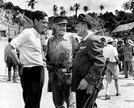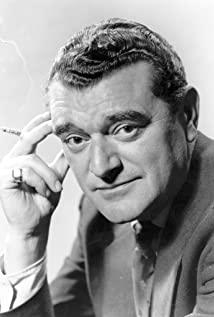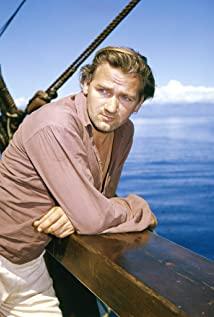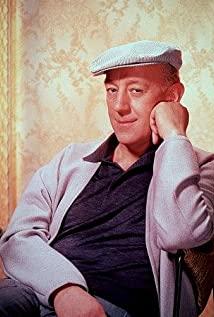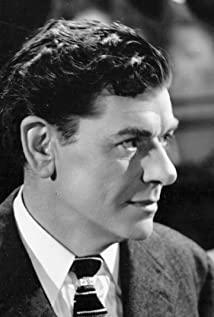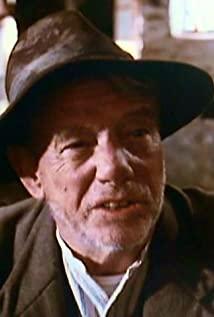It has been downloaded on the computer for almost a year. This weekend, at a glance, it turned out to be made in the UK. It tells the story of British prisoners of war building roads for the Japanese army in Burma during World War II, which is the same as the background of The Railway Man (2013) I watched last year. The difference is that The Bridge on the River Kwai is adapted from a novel and the plot is fictional, while The Railway Man is adapted from a real event.
The 57-year-old film inevitably has some old-fashioned and sloppy plots, as well as some idealism. Those prisoners of war, the real situation is worse than the movie, the Japanese officers with twisted and perverted characters, and it is not as simple as the movie to just perform the duty of a soldier. The cruelty of the war at that time, I always felt that maybe it was like "Apocalypse Now", which was closer to reality.
But "The Bridge on the River Kwai" is still a classic beyond the times, it does not limit the story to the single framework of war. The unexpected ending design brings the complexity of several characters from different backgrounds and positions in the play to a climax. In emergencies, people's first response is often the closest to instinctive values. Courteous, upholding his duties, and respecting the hierarchy of the British prisoner of war colonel, he was very proud of the bridge designed and built by the prisoners under his command, but ironically forgot that he was still a prisoner of war, and the primary purpose of building the bridge was Is to serve the war, transport military supplies for the Japanese army! Of course, he is not without reason, because the war will eventually end, but the bridge can still stand and serve the local people. But he was so indulged in self-indulgence that in an emergency, his first reaction was to protect the bridge, and he exposed the Anglo-American squad of the surprise attack to the Japanese army, resulting in the innocent sacrifice of the soldiers of this team, and he was also killed in the end. River, really ironic to the extreme. Several main characters in this film are very complicated, and their positions are often swaying. They belong to the kind of Round Character described by EM Forster. Only the military doctor has only one principle from the beginning to the end. It is the Flat Character, the focus in the eyes of the military doctor. It is "life". No matter for prisoners of war, for soldiers, or for anyone who died, he held such a compassionate feeling. Does this count as "Flat"? I do appreciate the simplicity of it. Acting statically and responding to all changes with constant change actually requires a lot of personal cultivation and height. Because the military doctor adheres to this simple and direct value, when faced with a complex situation, it is much easier for him to make decisions than other characters, and it is not easy for him to "go astray" a lot. From this, can it be reversed: when faced with a complex situation, perhaps the best way is not to think too much, trying to cover everything, and it will only be self-defeating in the end.
The next question is, what is the most important, most "correct", most "excellent" value? When I wrote this, I laughed dumbly, but if I said it, it was wrong, and this question itself is very problematic. Two hundred years ago, Bentham had already walked on this discussion once, so why should I bother?
Dead knot.
When the medic finally shouted "Madness, Madness...Madness!" angrily and sadly, maybe that was what the director wanted to shout. The long shot is from the blown up bridge, the train falling into the river, the bloody corpses on the bank, the flowing River Kwai gradually moving up, and everything is gradually covered by the lush and peaceful dense forest.
After all, people are small, and everything will come to an end.
View more about The Bridge on the River Kwai reviews





